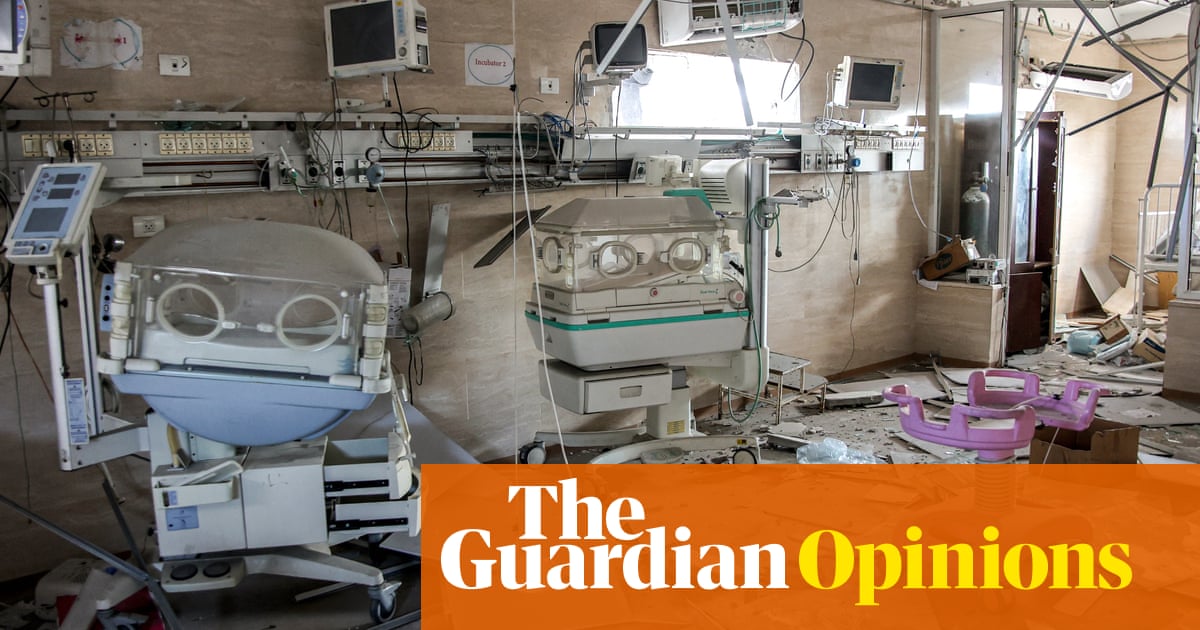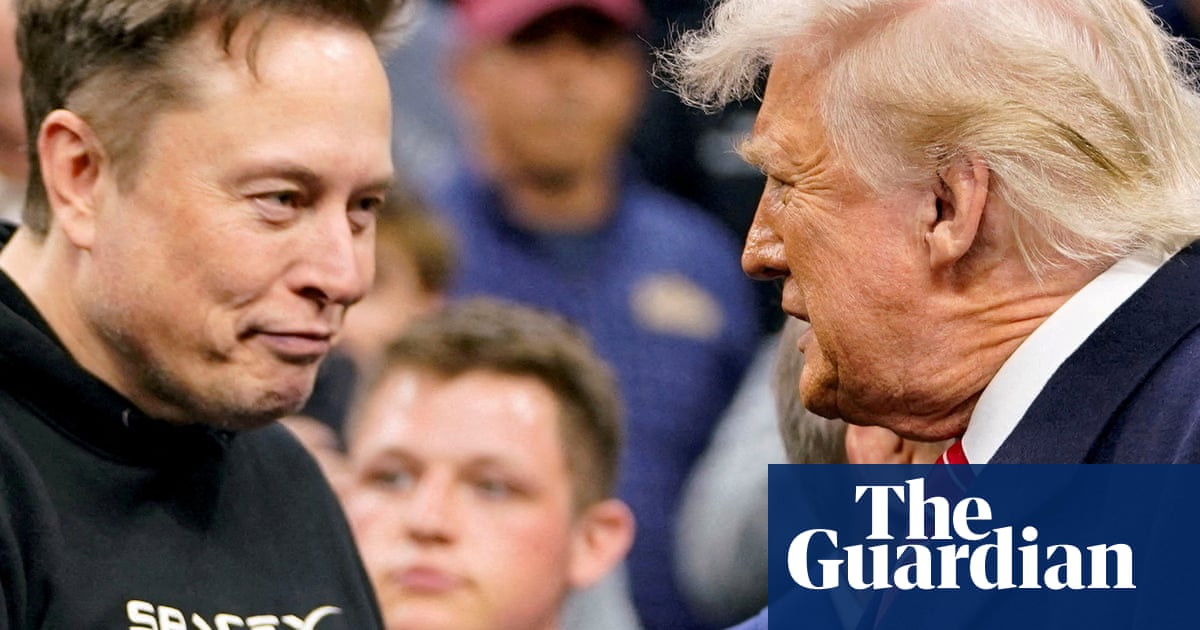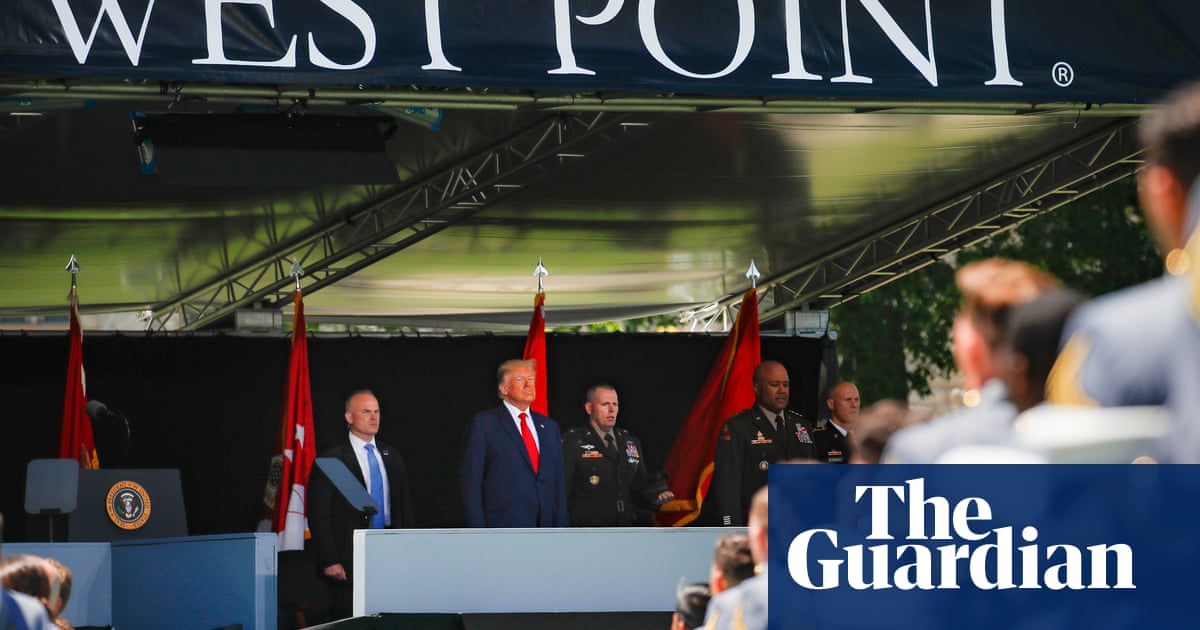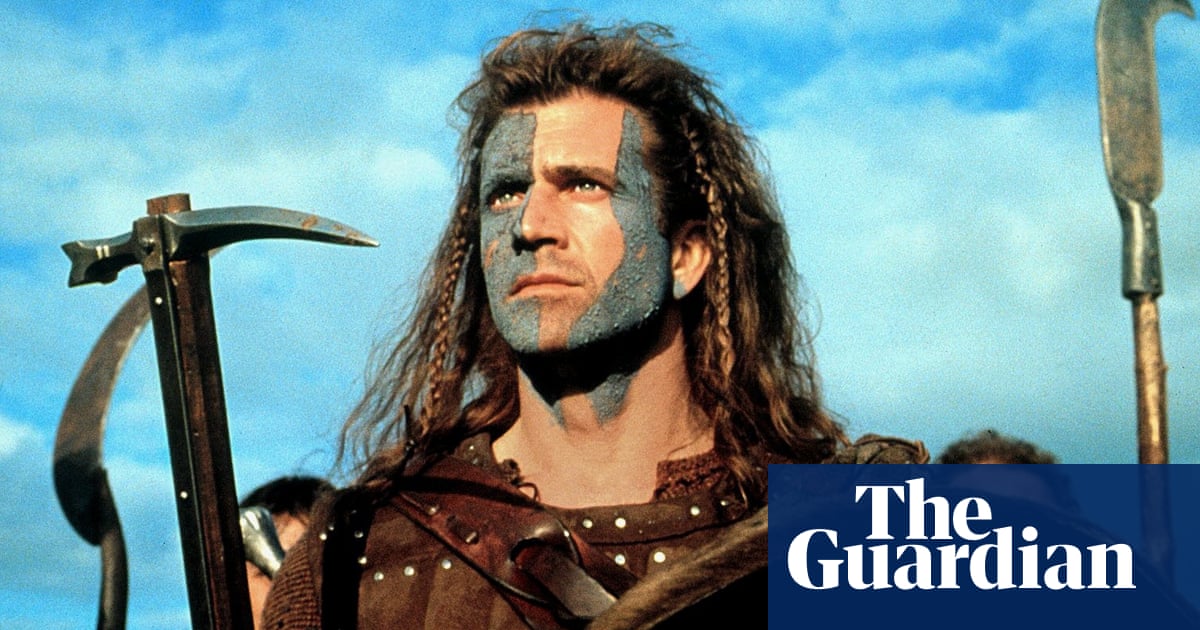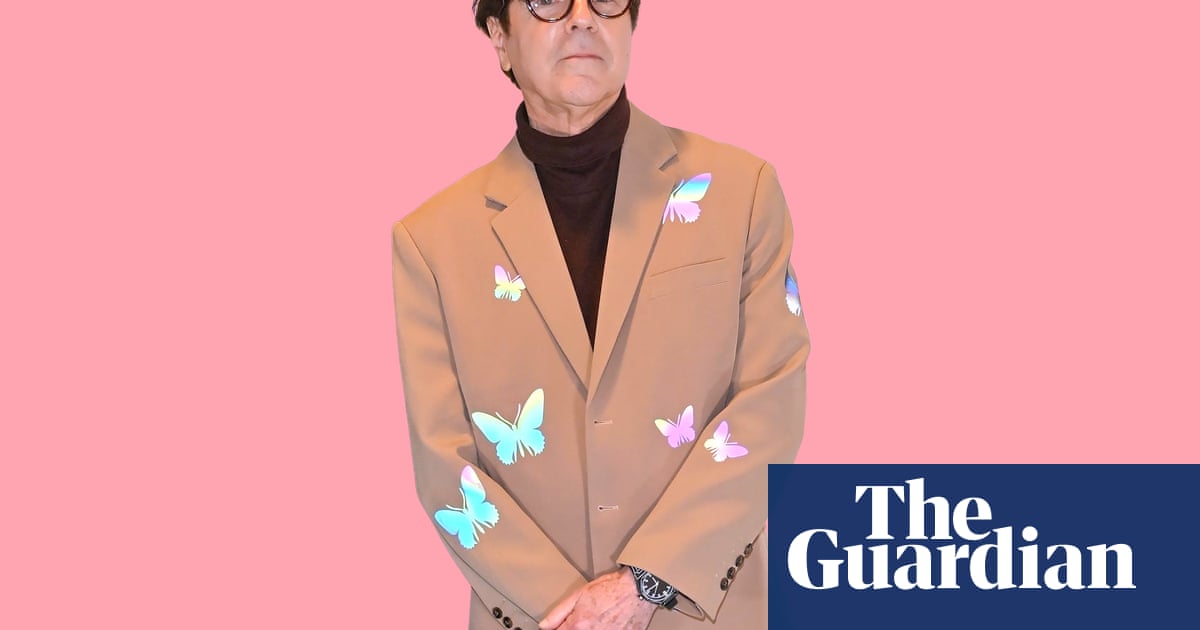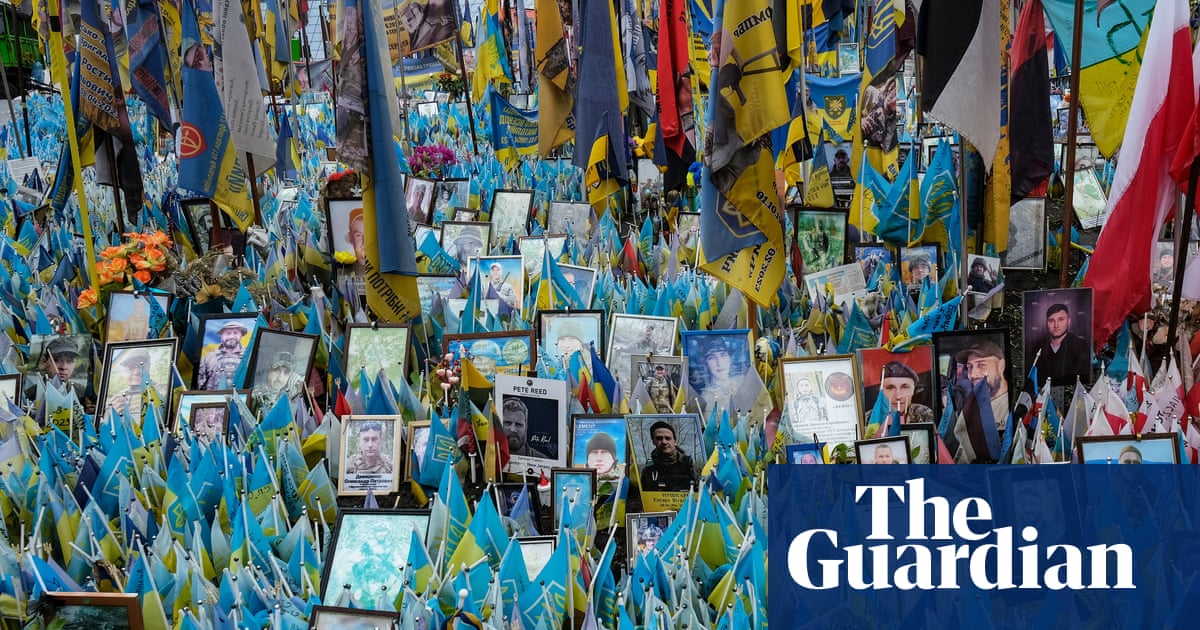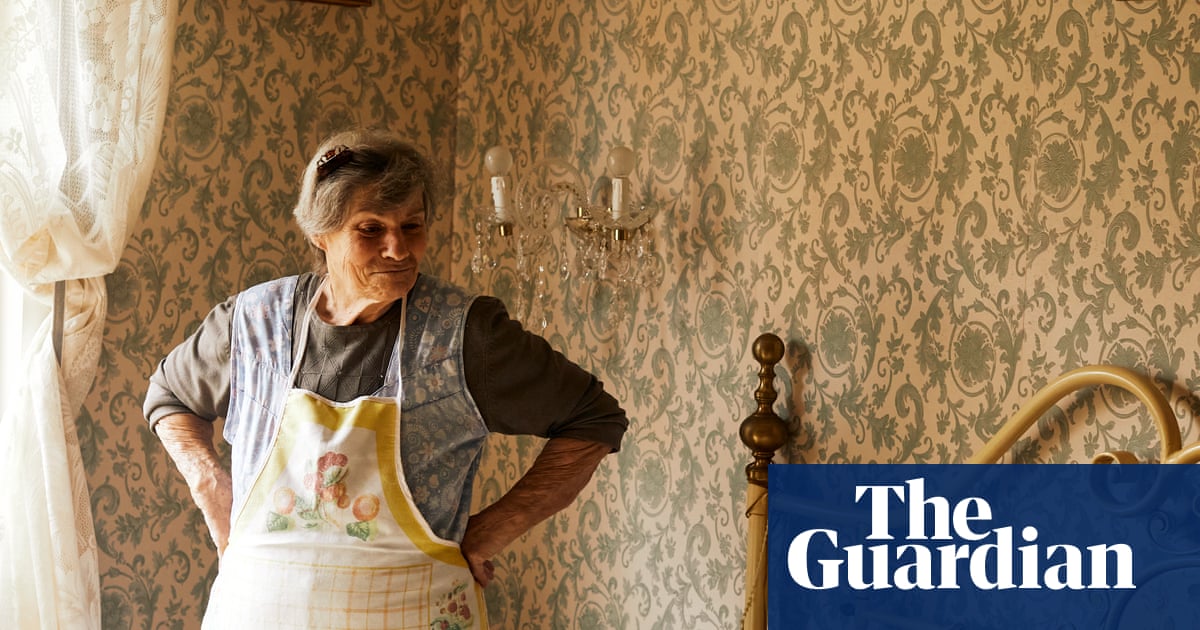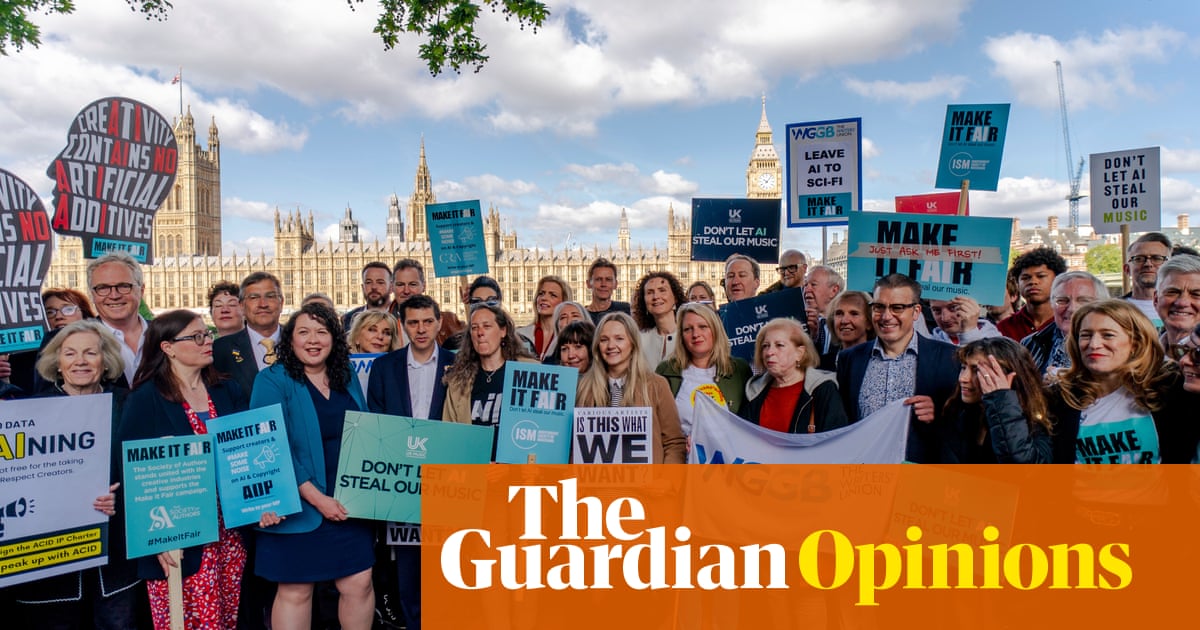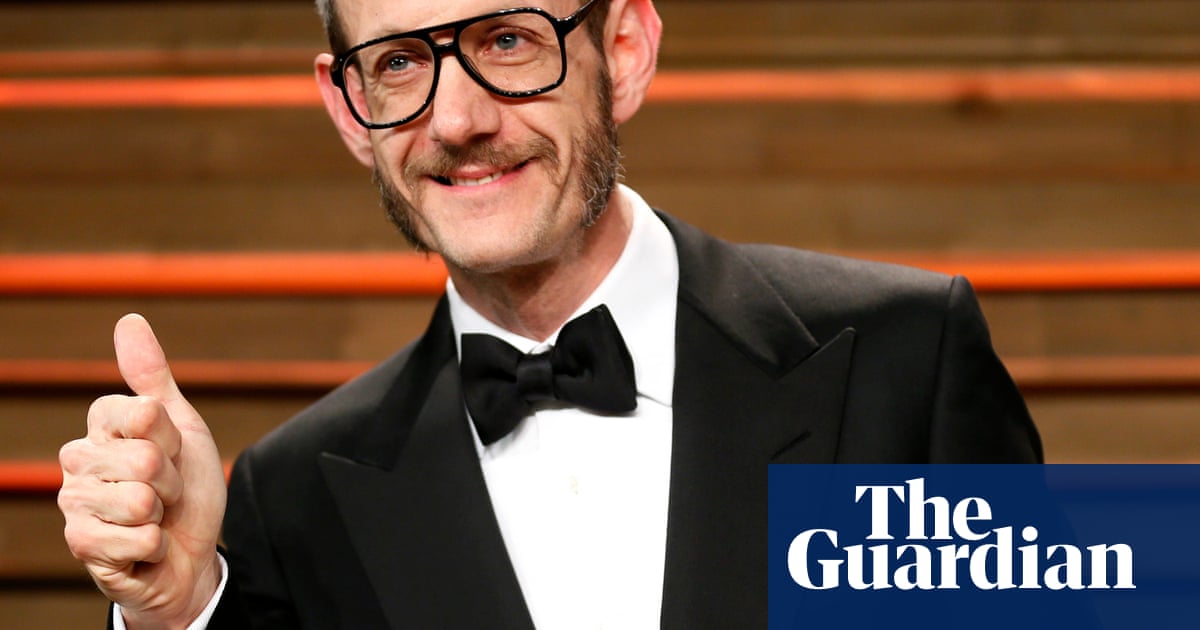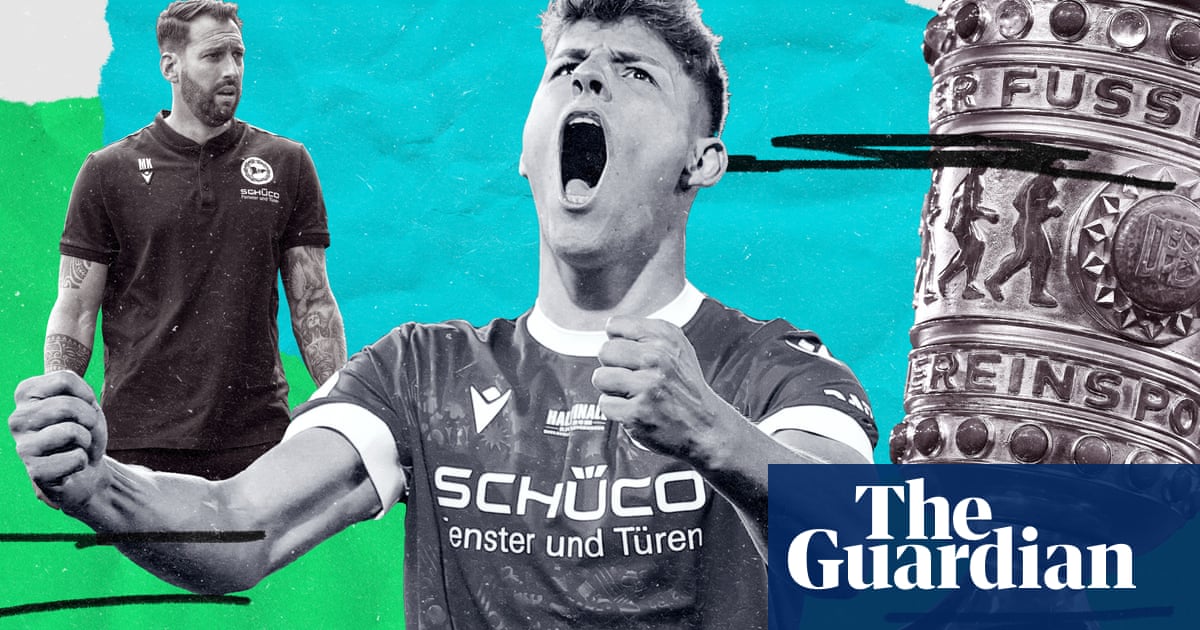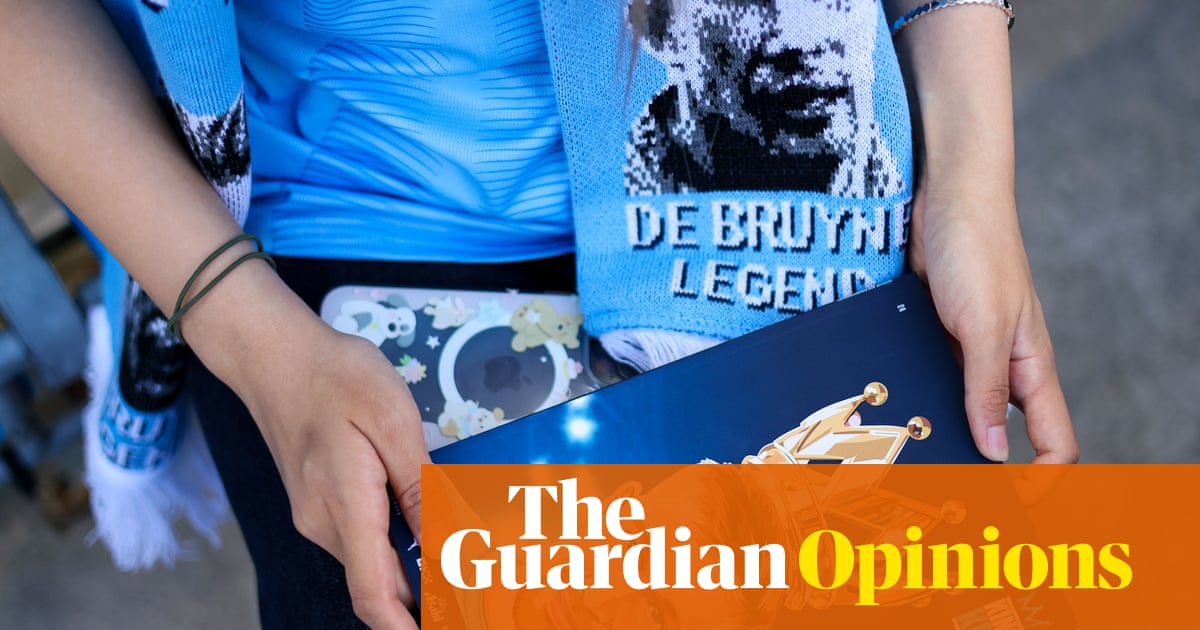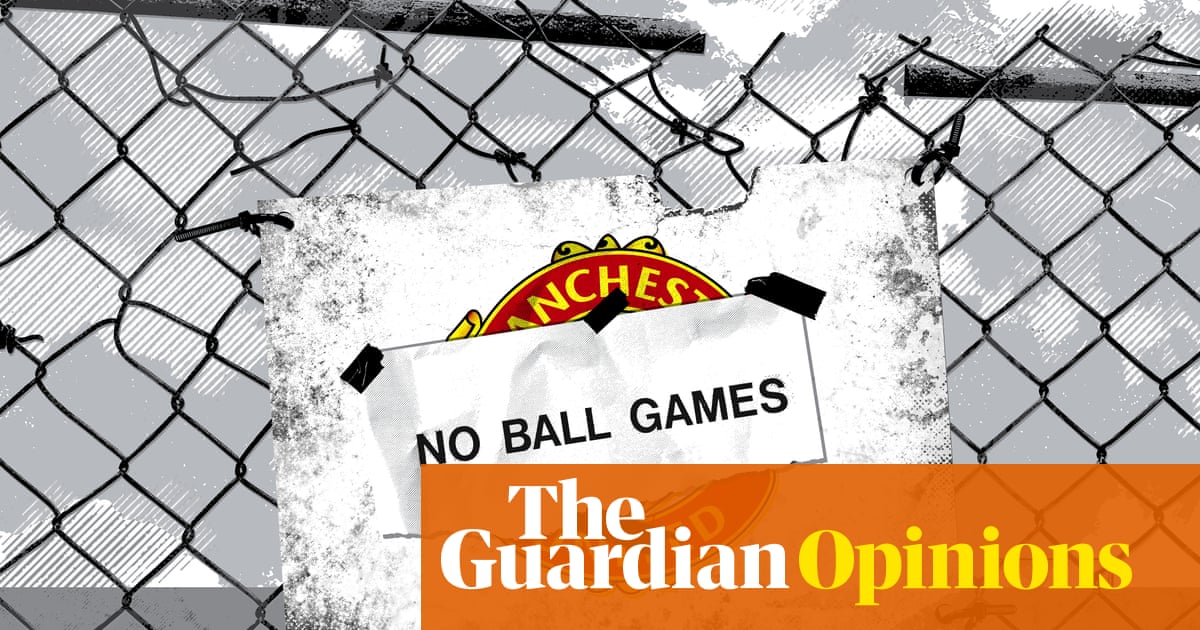Growing up in Germany, we were taught to believe we had done better. Better than our grandparents’ generation, who swept their complicity under a thick rug of silence. Better even than our parents, whose revolts in the late 1960s rarely led to any serious reckoning with the legacy of the Holocaust.
Born in the late 1980s, my generation learned about Auschwitz early on. We visited former concentration camps and studied the Nazi regime not as an alien aberration, but as a warning: this is how democracies die. Today, with the far-right AfD and ethno-chauvinism on the rise, that warning has never felt more urgent.
In the run-up to the German general election in February, tens of thousands marched against the AfD. Germany’s domestic intelligence agency has classified the party as rightwing extremist, and the new government has pledged to keep cooperation with it to a bare minimum.
And yet much of the resistance feels hollow. Germany’s vigilance against revisionism is selective at best. This week, the winners of Germany’s most highly endowed journalism award – the Herbert Quandt Media prize – were announced. The award explicitly celebrates the legacy of Herbert Quandt, an early SS supporter who played a central role in the Nazi war economy. Quandt oversaw battery plants where thousands were abused, exploited – and killed.
With his father, Günther Quandt, Herbert Quandt subjected up to 57,500 people to slave labour in battery factories. The Quandt family fortune was built on these crimes. Günther Quandt acquired Jewish-owned companies after Nazi expropriations (so-called Aryanisations). Herbert Quandt personally helped secure some of those deals and oversaw the planning of a satellite concentration camp in Nazi-occupied Poland. After the war, he continued to work with hardline former Nazis from Joseph Goebbels’ propaganda ministry.
The Quandts were “denazified” through a superficial process that in effect shielded them from any serious accountability. In 1960, Herbert Quandt became BMW’s largest shareholder. Today, his heirs, Germany’s richest family, control BMW, Mini and Rolls-Royce, and hold major stakes in the country’s chemical and tech sectors.
In 2007, a TV documentary exposed the extent of the family’s Nazi-era crimes. The Quandts responded by commissioning an independent study that revealed even deeper entanglements with the Nazi regime. Gabriele Quandt, Günther Quandt’s granddaughter, later said her family had been “wrong” to avoid confronting the truth about its Nazi past for so long.
But journalists from Die Zeit, Der Spiegel and Germany’s public broadcasters continue to line up for the prize – in effect helping to whitewash the legacy of a figure who, even after the war, aligned himself with former Nazi propagandists once tasked with silencing the free press. What does that say about German media organisations? About the stories Germany tells about itself – and the ones it refuses to tell?
The annual award, founded in 1986, comes with a €50,000 prize fund. This year, it went to Die Zeit and three public broadcasters, selected from 230 submissions. That’s 230 journalists applying for an award named after a man who – in any just world – would have stood trial for war crimes. If the contenders had misgivings, they were apparently insufficient to keep them from applying.
Nor does accepting the Quandt prize appear to carry any reputational risk in Germany, with even progressive outlets seeing the prize money as welcome support for quality journalism. This is not AfD-style revisionism, but it is a form of amnesia, cloaked in liberal respectability. The jury includes some of Germany’s leading media figures from titles as prominent as Handelsblatt and Axel Springer’s Bild and Welt.
But this isn’t just a story about the Quandts. It points to a broader German refusal to confront the depths of societal entanglement with state violence and genocide. Some of Germany’s wealthiest families – including Flick, Porsche, Bahlsen and Stoschek – built their empires on Nazi collaboration and forced labour. As the Dutch journalist David de Jong has documented in his book, Nazi Billionaires, most of them were seamlessly absorbed into West Germany’s so-called economic miracle. Many defend their legacies to this day – or, like the Quandts, use prizes to burnish their modern philanthropic standing.
This kind of amnesia isn’t limited to boardrooms. Streets across Germany still bear the names of colonial administrators. In several cities, you can walk down Lüderitzstraße or Wissmannstraße – street names honouring men who helped orchestrate Germany’s genocide in today’s Namibia and brutal colonial campaigns across other parts of Africa. The German government still refuses to pay reparations to the descendants of the Herero and Nama people, the primary victims of its genocide in Namibia – offering instead “development” aid packages negotiated not with the descendants of victims, but with the Namibian state.
After the war, Germany rebuilt its international reputation on its policy of officially acknowledging its past crimes. But that reckoning is carefully curated – embraced when it flatters Germany’s self-image, ignored when it threatens personal gain or broader strategic interests.
after newsletter promotion

The German foreign minister, Johann Wadephul, laid a wreath at Yad Vashem this month and invoked the legacy of the German Holocaust survivor Margot Friedländer. A few hours later, Wadephul stood at a press conference in Jerusalem and expressed “understanding” of Israel’s blockade of humanitarian aid to Gaza. Friedländer, who had died days earlier aged 103, spent her final years warning against dehumanisation. The contrast could hardly have been starker.
It’s easy to condemn the past when it costs nothing. Speaking out about enduring injustice or the atrocities of your allies takes more courage.
Germany’s current approach to remembrance culture is selective and contradictory. The government relies on “historical responsibility” to refrain from challenging the Israeli government for its abuses in Gaza. Yet at home, the political and media class seems in denial about cultural patronage enabled by fortunes made possible by Nazi-era crimes.
My argument is not about rebranding an individual media award. It is about the continued collective lack of accountability and transparency when it comes to the Nazi era. In the current political climate it is also about asking if postwar Germany’s “never again” promise retains its meaning, or is being reduced to a slogan, observed only when convenient.
-
Hanno Hauenstein is a Berlin-based journalist and author. He worked as a senior editor in Berliner Zeitung’s culture department, specialising in contemporary art and politics
-
Do you have an opinion on the issues raised in this article? If you would like to submit a response of up to 300 words by email to be considered for publication in our letters section, please click here.

 6 hours ago
4
6 hours ago
4

